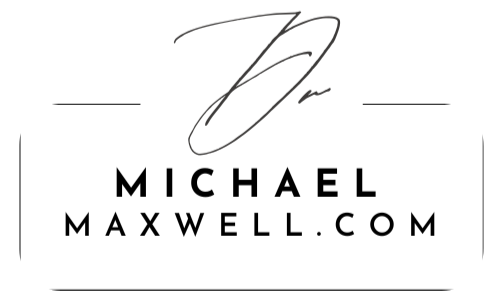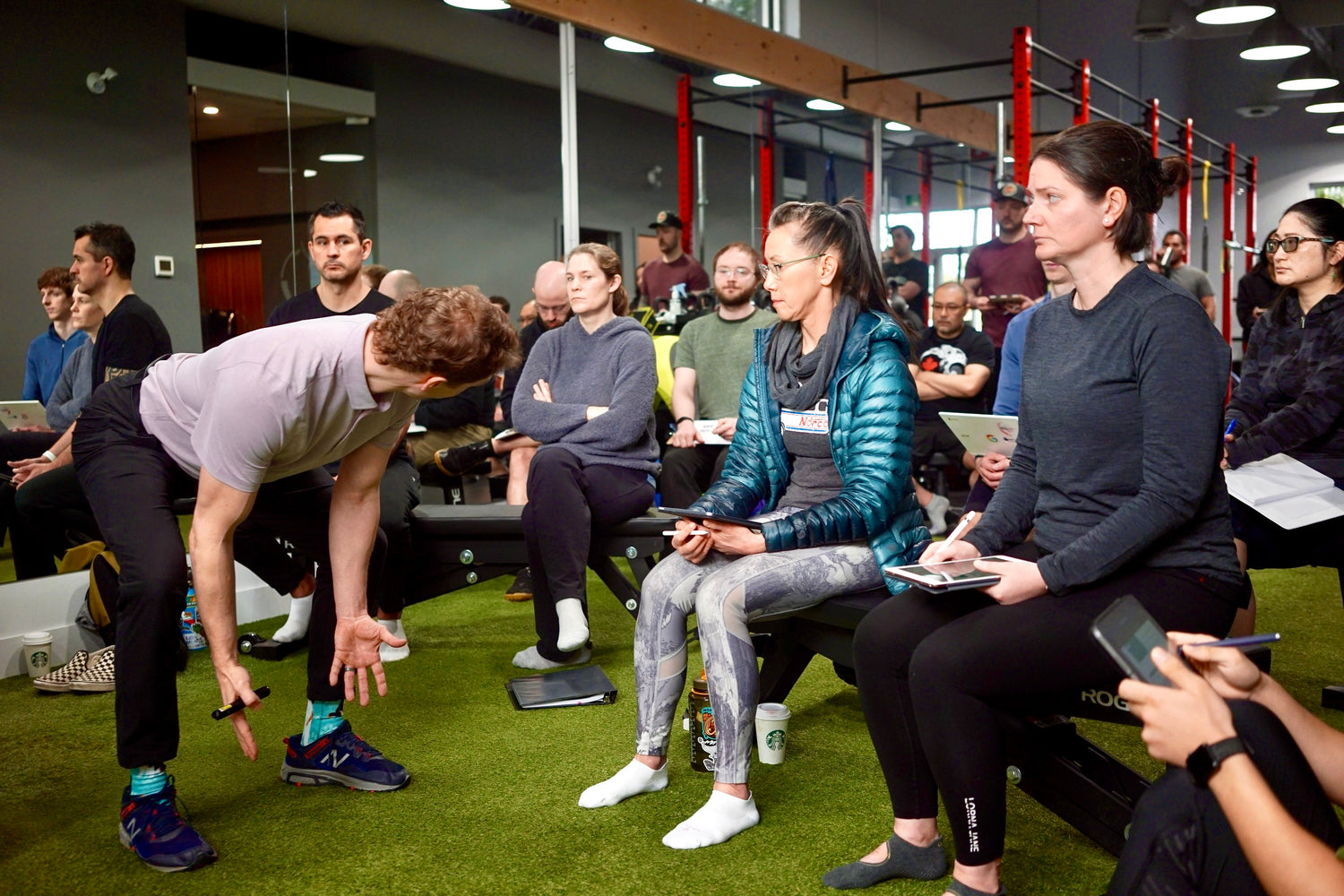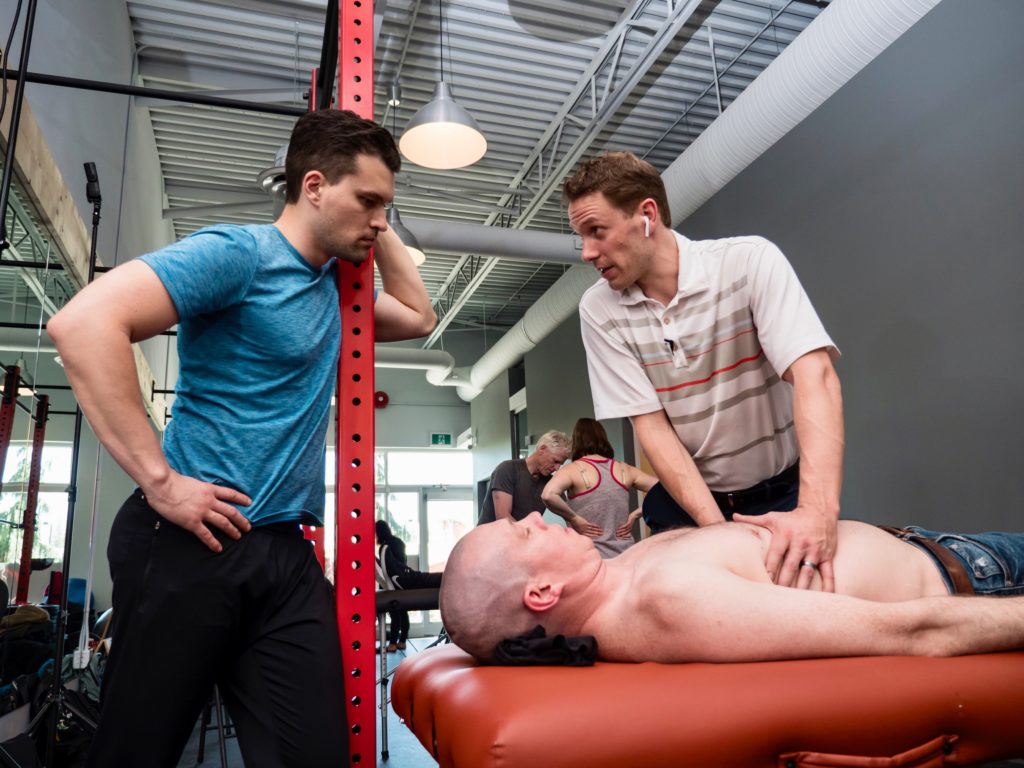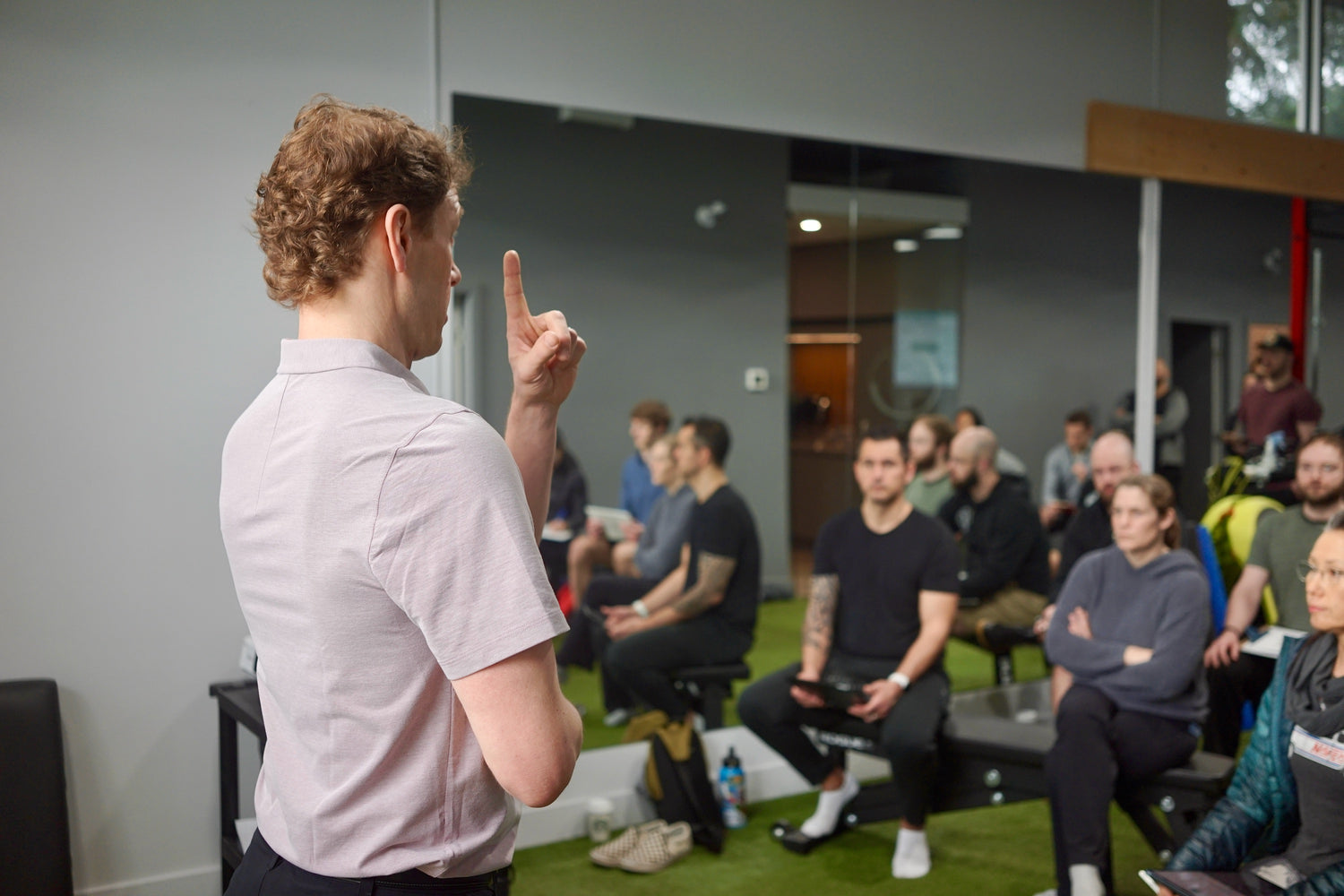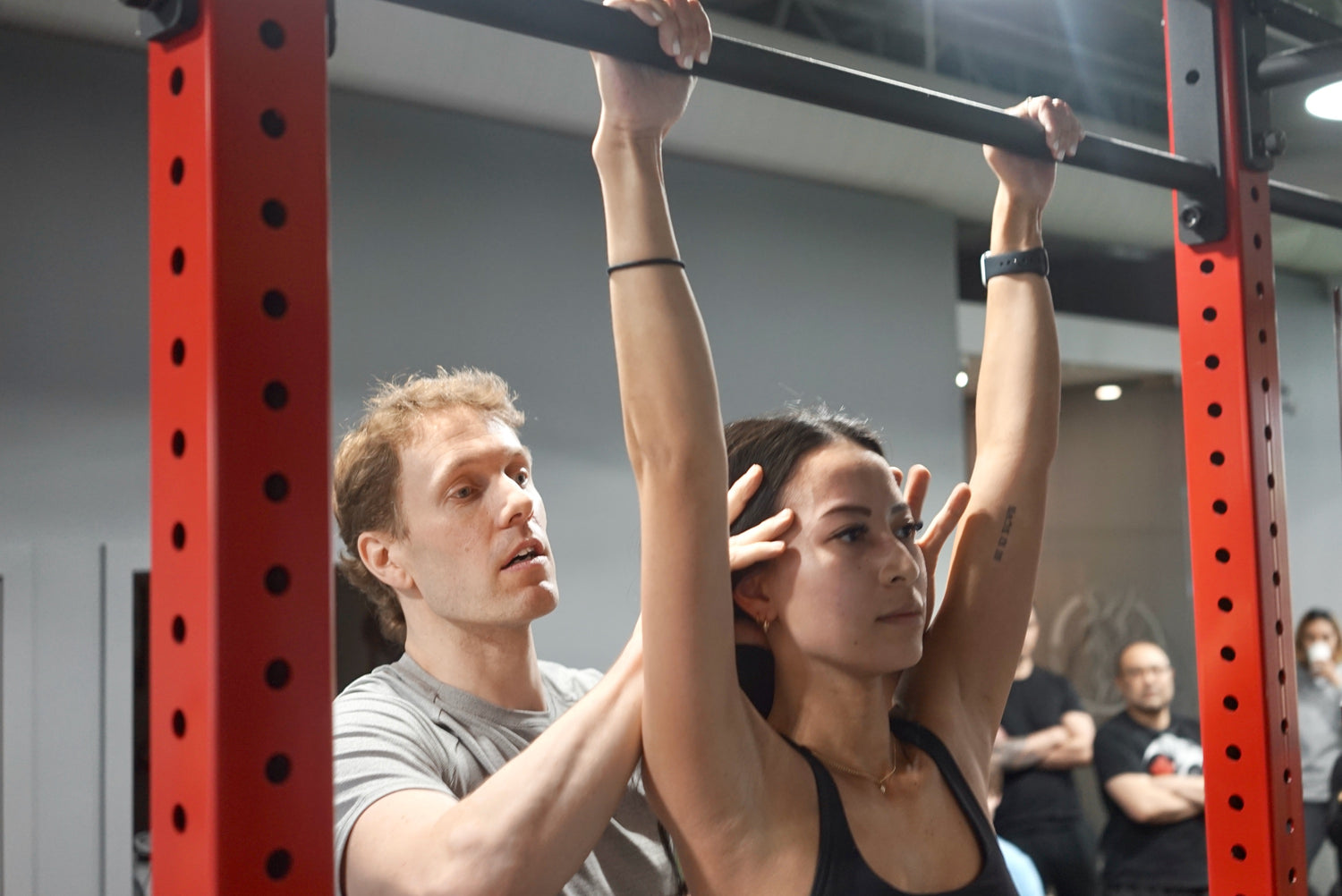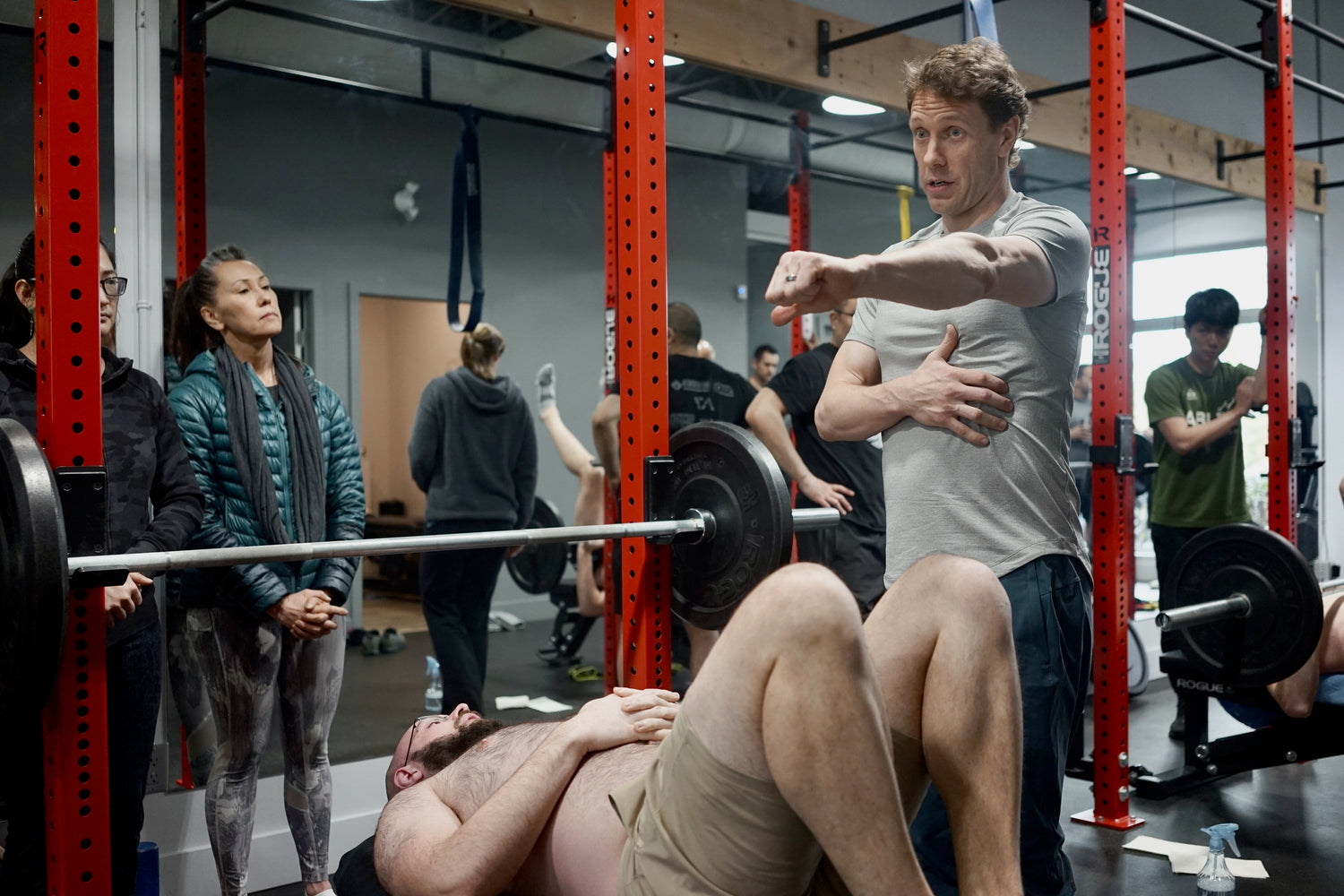Description
The DNS Clinical Course Series is based on neurophysiology, neuroanatomy, muscle physiology, and kinesiology, with an emphasis on diagnostics. These courses are limited to licensed health professionals (MD, DO, PT, DC, OT, ATC, massage therapists).
The nervous system establishes programs that control human posture, movement, and gait. This motor control is largely established during the first critical years of life. Therefore, the Prague School emphasizes neurodevelopmental aspects of motor control in order to assess and restore dysfunction of the locomotor system and associated syndromes.
The Prague School of Rehabilitation and Manual Medicine was established by key neurologists/physiatrists, all of whom were giants in the 20th Century rehabilitation movement: Professors Vaclav Vojta, Karel Lewit, Vladimir Janda, and Frantisek Vele.
Based upon the groundbreaking neurodevelopmental and rehabilitation principles described by these mentors, Pavel Kolar has organized the next generation of clinical protocols that are designed to restore and stabilize locomotor function. This rehabilitation approach is called Dynamic Neuromuscular Stabilization (DNS).
Course Highlights
DNS Clinical Courses are 3-day, 21 hour courses, featuring a strong practical components, with a 65:35 practical-theory ratio.
DNS is a revolutionary perspective on evaluating and rehabilitating postural function that will greatly enhance any clinical rehabilitation or strength and conditioning program. DNS A focuses on the primary and fundamental tenets of evaluating and rehabilitating sagittal stabilization in both open and closed kinematic chain patterns.
What You Will Learn
DNS A introduces the fundamentals of developmental kinesiology and ontogenesis with a heavy emphasis on defining, assessing, and restoring optimal sagittal stabilization through the non-differentiated developmental positions.
This course is often an eye-opener for participants, who will walk away with unparalleled knowledge and skills in restoring optimal sagittal stabilization and a new lens to assess human movement.
- Improve understanding of the basic principles of developmental kinesiology with an emphasis on development during the first year of life
- Identify and describe key milestones in human development
- Introduce the three level of sensorimotor control in functional assessment and treatment
- Demonstrate the relationship between development during the first year of life and pathology of the locomotor system in adulthood
- Introduce new terminology pertinent to rehabilitation such as functional joint centration, punctum fixum, punctum mobile and the integrated stabilizing system of the spine
- Define ideal postural stabilization from a developmental perspective: intra-abdominal pressure regulation, dual role of the diaphragm in stabilization and respiration, stabilization via co-contraction
- Identify common stereotypes of faulty postural stabilization (“open scissors syndrome”, forward drown posture, backward drown posture, “hour glass syndrome”)
- Explain and demonstrate biomechanics of homologous, ipsilateral and contralateral postural-locomotion patterns; closed and opened kinematic chains, stepping forward and supporting function
- Evaluate and correct poor respiratory patterns
- Demonstrate the correlation between poor respiration patterns and functional pathology of the locomotor system
- Assess the integrated stabilizing system of the spine both visually and utilizing dynamic functional tests
- Integrate corrective exercises based on the DNS functional tests and developmental positions: exercise in homologous static positions; position transfer during locomotor function; exercise progression using unstable surfaces; increased difficulty of the exercises utilizing resistance, dual tasking and other challenges
- Clarify how DNS corrective exercises can integrate with other exercise strategies
- Cover the basics of application of DNS concept in sport training
- Provide basic clinical management explanation for clinicians to better integrate the DNS approach in their regular practice, including patient education
Course Outline
Hour 1: Developmental Kinesiology, Ontogenesis – Basic Principles.
Hour 2 - 3: Developmental Stages in the 1st year of life –Physiological & Pathological Development.
Hour 4 - 5: Stabilization of Spine, Trunk, and Pelvis in Sagittal Plane, Breathing stereotype (ideal and pathological models).
Hour 6 - 8: Stabilizing system of the spine: DNS postural tests – assessment principles.
Hour 9-10: Basic postural stabilization assessment and treatment principles.
Hour 11-13: Postural stabilization: supine positions corresponding with developmental positions assessment and treatment/self-treatment principles: theory, demonstration, practice.
Hour 15-17: Postural stabilization: prone, quadruped and bear; corresponding with developmental positions assessment and treatment/self-treatment principles: theory, demonstration, practice.
Hour 18-21: Postural stabilization: squat, hinge and sitting; corresponding with developmental positions assessment and treatment/self-treatment principles: theory, demonstration, practice.
Course Instructor
Michael Maxwell, DC, BHK
Michael's mission is to provide MSK education that is backed by research, rooted in reason, and highly applicable,
Michael is a Certified Instructor for Dynamic Neuromuscular Stabilization according to Pavel Kolar, and is Canada's only Certified Instructor for Michael Shacklock's Clinical Neurodynamics. Michael has presented at post graduate continuing education courses and conferences throughout North America and Internationally.
Michael started his career as a Personal Trainer in 1998, and followed by acquiring certifications and experience as a Medical Exercise Specialist, Certified Strength and Conditioning Specialist, and Kinesiologist. Since 2007 he has practiced as a Chiropractor with an emphasis on integrating movement-based manual therapy and exercise interventions.
Michael has pursued education and excellence with a passion since his early days as a Personal Trainer. In 2003, Dr. Maxwell has organized well over 300 continuing education courses throughout Canada featuring industry leaders such as Lorimer Moseley, Donald Murphy, Jack Miller with Mulligan, Jeremy Lewis, Stuart McGill, Pavel Kolar, and the outstanding Prague School Physio’s, Clayton Skaggs, Brett Winchester, Michael Shacklock, Dale Buchberger, Clare Frank, Robert Lardner, Mark Finch, Charlie Weingroff, and many more!
Through his consistent and exceptional exposure to some of the world's most recognized clinicians and educators, 20 years in the trenches helping clients and patients reach their goals, and his dedication to providing exceptional and comprehensive care in clinical practice, Dr. Maxwell is well-positioned to provide outstanding clinical continuing education.
Certification
DNS is more than a course; it's a system of understanding human movement - posture and function - through a series of courses and a certification process. Eligibility requirements for the DNS Course D include:
- Completion of A – C courses and at least two additional DNS workshops. The additional DNS workshops may include repeated A-C courses, DNS skills review sessions, DNS special workshops e.g sports performance, neurological disorders, pediatrics, etc.
- Receipt of Certificates of Achievement in Courses A, B & C
- Application for Course D must take place no earlier than three years and no later than seven years, following completion of Course A.
- Demonstrate adequate handling skills that are evaluated by the respective instructors during workshop practice sessions.
